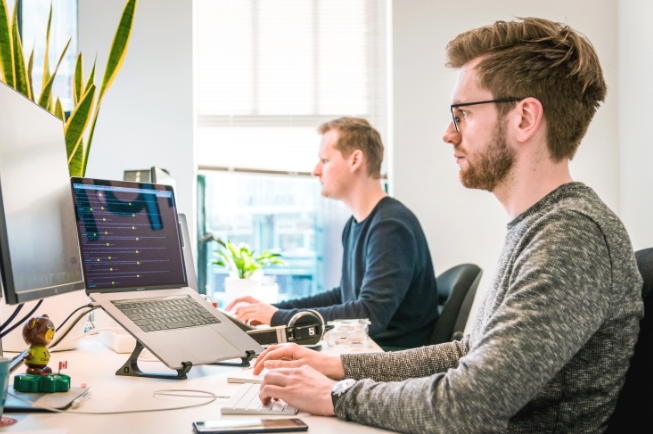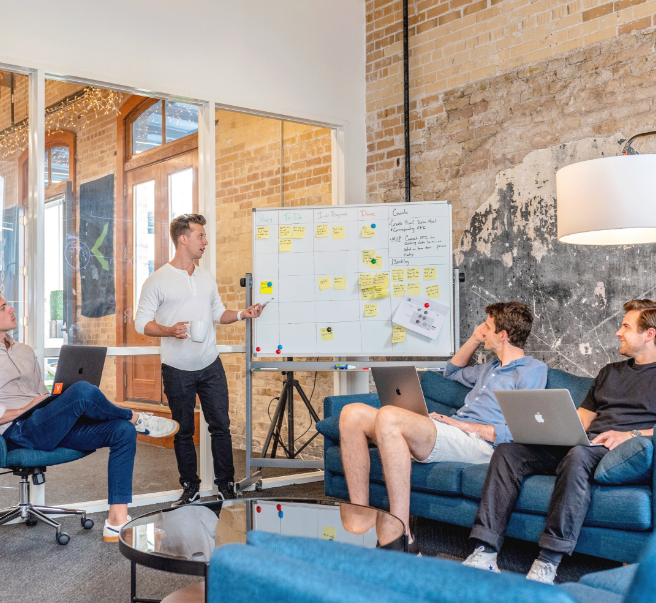Next dates: We define together the location and date of the training.
This distance training is set up with and for the organization requesting it. It is tailor-made to meet the specific needs of the organization wishing to train one or more members of its team.
A preliminary interview allows us to analyze together the context, the issues and the needs of the company and ALBA then offers a training program to respond as closely as possible to the requests expressed.
Each trainee must be equipped with a computer with webcam/microphone, an Internet connection and access to their email. We provide individual support to each trainee for setting up videoconferencing before the training.
Advantages :

Distance training is agile: its methodology and pace are different from face-to-face training.
Beforehand, the speakers transmit the educational tools (educational database, and ALBA toolbox) necessary to prepare the session. Participants are invited to read and comment on these tools before the start of the training.
During the training, the speakers alternate between webinars and group work, over half a day.

LABA uses adapted and tested collaborative digital tools to facilitate training and ensure follow-up. During discussions with participants, a forum with moderator and facilitator is set up in order to streamline and facilitate questions and answers:
It is possible, as for traditional intra-company training, to choose non-consecutive training dates.

The organization wishes to develop a cooperation project on a European scale or a local development project which may be eligible for European funds.
She has knowledge of project management and/or has developed international links. In order to take a step forward in the development and internationalization of its activities, it wishes to train its team in the engineering of multilateral European projects or in the management of local development projects.
This skills development must be precise on the project methodology and can financially secure the positions and the positioning of the organization in its sector.

Day 1 :
Day 2:
Day 3:
